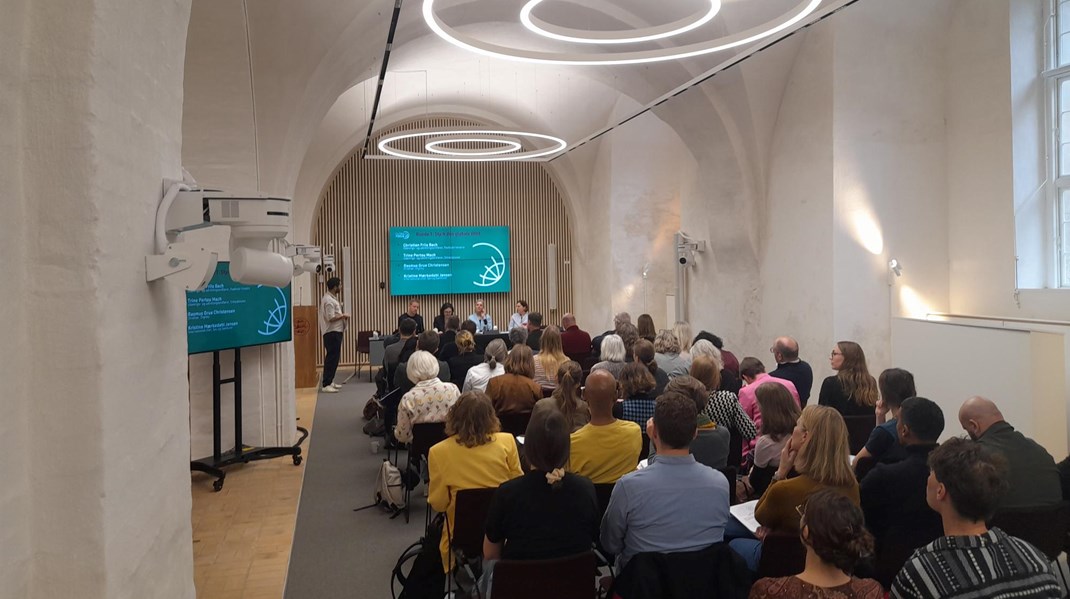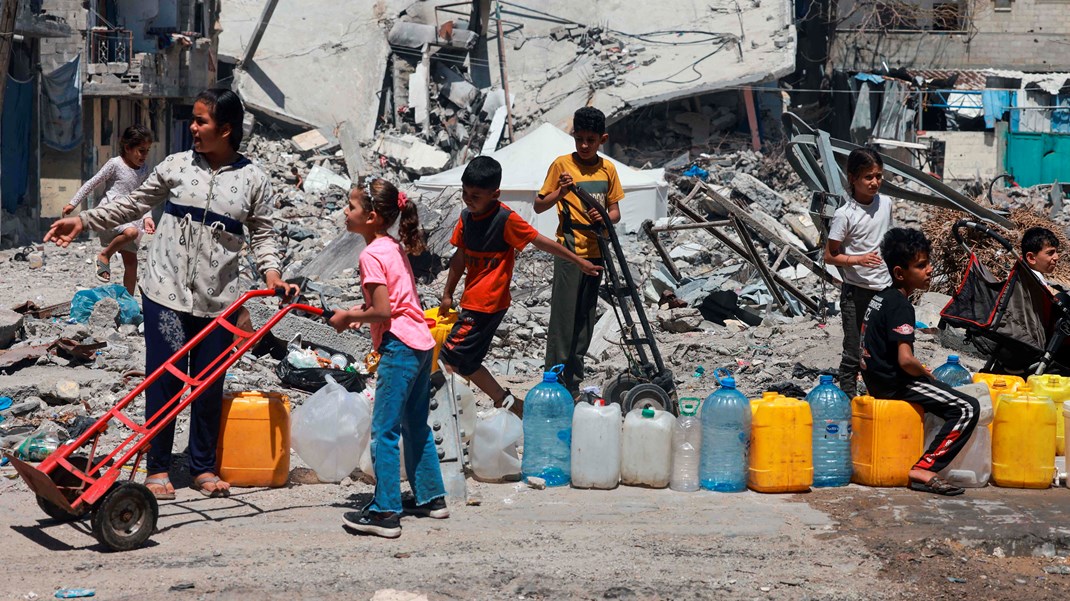'Hundreds of thousands of children need immediate help' after Cyclone Idai
This is a summary of what was said by Christophe Boulierac, UNICEF spokesperson in Geneva – to whom quoted text may be attributed – at today's press briefing at the Palais des Nations in Geneva.
GENEVA, 22 March 2019 – Children and families affected by Cyclone Idai and the floods in Southern Africa are facing dire conditions, and thousands of lives remain at risk as heavy rain continues to cause massive destruction. Across Malawi, Mozambique and Zimbabwe, UNICEF is scaling up our response to help children and families affected. Approximately 1.7 million people are affected by Cyclone Idai; almost half of those affected are children.
Our Executive Director, Henrietta Fore, landed in Maputo last night, and is visiting children and families in and around Beira today, as well as supporting UNICEF’s humanitarian response. The Executive Director described the scene on the ground as desperate, stating that “The situation on the ground remains critical. There is no electricity or running water. Hundreds of thousands of children need immediate help. The priority right now is to give them shelter, food, water, education and protection.”
Our Country Representative in Mozambique, Marco Luigi Corsi, has also visited the affected areas. He said that the deluge has been so extreme in some areas that people have not been able to find higher ground to escape the flooding, forced onto rooftops or into trees for hours on end. While search and rescue efforts continue, there is also an urgent need for food, safe drinking water and shelter. Right now, we are seeing thousands of people congregating in informal, improvised camps. Many of these informal camps are in desperate conditions – certainly not a suitable environment for vulnerable children and families.
In Malawi, thousands of families have been forced out of their flooded homes, and are now lacking basic supplies including food, water and sanitation facilities. The floods have also disrupted learning for thousands of children. Our colleagues tell us that many families are camping out in schools, churches, any public buildings. Children are sleeping in classrooms.
In Zimbabwe, the latest estimates suggest that 250,000 people are in need of humanitarian assistance, of whom 125,000 are estimated to be children. These numbers are likely to increase due to the inaccessibility of the affected areas. Eight districts are affected: Chimanimani and Chipinge were hardest hit due to severe damage to access roads and bridges, which will take at least two weeks to repair.
In terms of response:
In Mozambique, UNICEF is supporting WFP on the food distribution logistics for families in improvised shelters. UNICEF is also distributing water purification products to communities in the affected areas. Without safe and effective water, sanitation and hygiene services, children are at a high risk of preventable diseases including diarrhoea, typhoid and cholera, and also increasingly vulnerable to malnutrition.
UNICEF is also working with partners to set up Child-Friendly-Spaces to provide protection services and psychosocial support to children. Many schools and hospitals have been destroyed or damaged or are being used for shelter. Once the immediate, life-saving, needs are met, it’s crucial that children are able to get back to learning as soon as possible – to provide children with a sense of normalcy in a time of extreme chaos.
In Malawi, UNICEF supplies are arriving for families living in evacuation centres. The supplies include thousands of packets of oral rehydration salts, antibiotics, and hundreds of insecticide-treated bednets. UNICEF partners, including district authorities, Médecins Sans Frontières, Red Cross, United Purpose and World Vision are assisting with supply delivery.
UNICEF Malawi is also training volunteer teachers for deployment and supporting the Department of Disaster Management and Preparedness to assess the situation using drones. Drone acquired photos and videos of the affected area are being used to assess flood damage to buildings and fields, and to help plan the humanitarian response.
In accessible affected areas of Zimbabwe, UNICEF is delivering medical supplies, hygiene kits, jerry cans, soap and water purification products. Hygiene kits for 2,000 persons have been distributed. The country office plans to airlift supplies to those most-affected in hard-to-reach areas, due to damaged roads and bridges, from 23 March. UNICEF is also delivering primary health care packages and essential medical supplies, and nutrition supplies.
UNICEF is now appealing for US$23.3 million to support the response in the three affected countries. This amount is likely to rise.
Notes for editors:
Multimedia assets available here: https://weshare.unicef.org/Package/2AMZIF3JEZMF
For more information please contact:
Christophe Boulierac, UNICEF Geneva, +41 799639244, [email protected] Andrew Brown, UNICEF Lilongwe, +265 999 964208, [email protected] Daniel Timme, UNICEF Maputo, +258 82 312 1820, [email protected] Denise Shepherd-Johnson, UNICEF Harare, +263 772 124 268, [email protected] James Elder, UNICEF Nairobi, +254 71558 1222, [email protected] Joe English, UNICEF New York, + 1 917-893-0692, [email protected]


